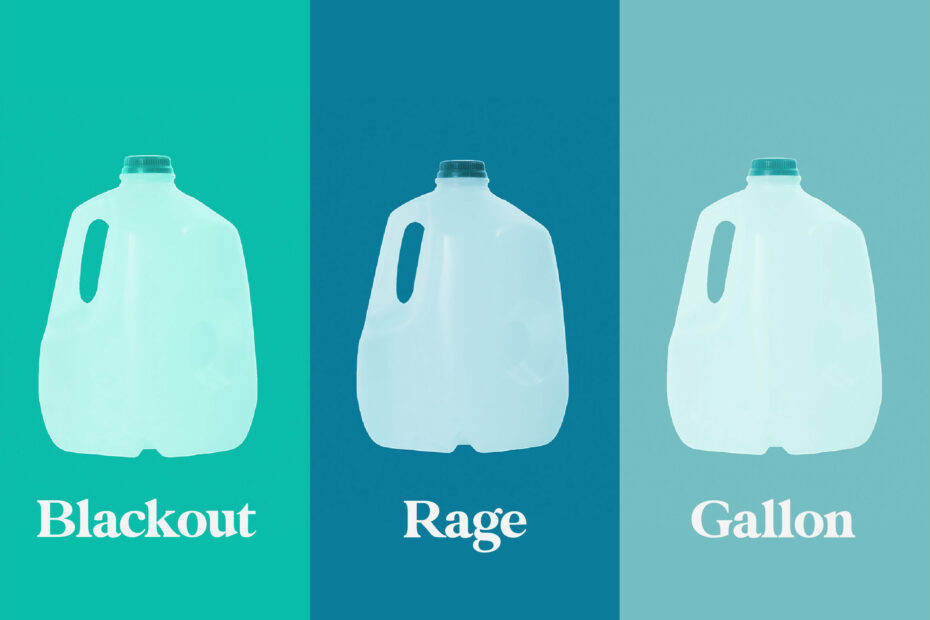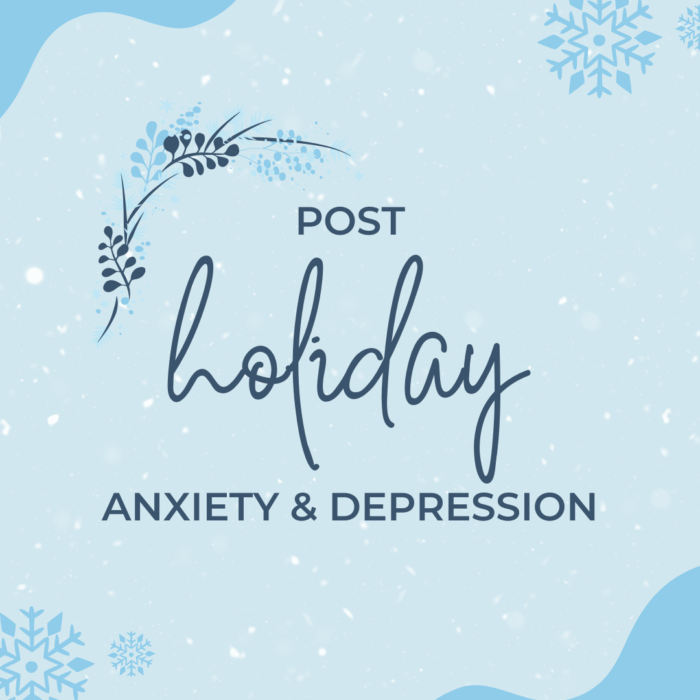January 21-25: No Name-Calling Week
“No Name-Calling Week is a week organized by K-12 educators and students to end name-calling and bullying in schools.
Founded in 2004 with Simon & Schuster Children’s Publishing, and evaluated by GLSEN research.
No Name-Calling Week was inspired by James Howe’s novel The Misfits about students who, after experiencing name-calling, run for student council on a No Name-Calling platform.
No Name-Calling Week is rooted in the idea of #KindnessInAction, not merely recognizing the importance of kindness, but actively adding kindness into our every action”.
Name-calling is one form of verbal abuse, which is a common form of bullying.
The American Psychological Association defines bullying as “a form of aggressive behavior in which someone intentionally and repeatedly causes another person injury or discomfort.
Although bullying does occur among children and adolescents on the playground, in the classroom, on the sports field, and within friend groups, ’ bullying is not just limited to the younger population.
Bullying is Not Just For Kids
Bullying, whether it is name-calling, physical violence, or emotional abuse, takes place among adults in the form of workplace bullying and abuse within romantic relationships, friendships, and social media.
Adult bullies can come in all types and can range from an aggressive colleague, an intimidating boss, an unruly neighbor, and a controlling romantic partner to a manipulative friend, a judgmental family member, or a condescending social acquaintance.
Some forms of bullying, such as emotional abuse, may be more challenging to recognize compared to more outright forms of textbook bullying, including name-calling and physical violence.
Many adult bullies were either bullied as a child or bullied other children, and they use this poor behavior in adulthood as a negative coping mechanism to either boost their self-esteem or to deal with their past trauma.
In other words, adult bullies are usually battling deep underlying issues, and they use verbal abuse, physical violence, or emotional turmoil to attempt to regain their strength and control within their life.
Workplace Bullying
Bullying in the workplace has been a hot topic in the news over the past couple of years.
It has dramatically turned even more heads after the #MeToo movement in 2006, which spread light on sexual violence among young girls and women of many who were sexually harassed in the workplace.
Sexual harassment, intimidation, verbal abuse, covert threats, gossip, and sabotage are all forms of workplace bullying that often take place daily in some offices around the country.
Many employees do not report workplace bullying because they fear the bullying may become worse or also because they may lose their job.
Workplace bullying isolates employees, jeopardizes the company, creates a toxic work culture for everyone involved, and can wreak havoc on one’s mental health leading to depression and anxiety.
According to a 2017 workplace bullying survey:
61% of Americans are aware of abusive conduct in the workplace
60.4 million Americans are affected by bullying in the workplace
70% of workplace bullies are men, and 60% of the targets are women
61% of bullies are bosses; the majority of bullies (63%) engage in this behavior alone
40% of bullied targets are believed to suffer adverse health effect
29% of bullied targets remain silent about their experiences
Workplace Bullying And Its Relation To Domestic Violence
Workplace bullying is not much different from intimate partner violence. Workplace bullying often involves someone in power, taking advantage, and inflicting pain when and where he/she chooses.
The victim is often surprised, scared, or feels as though they have no power or say in the matter.
An abusive romantic partner will often use verbal, emotional, and physical threatening acts to intimidate their partner but also give them a glimmer of hope if a peaceful action is reached.
The bullied target is often kept very close in relationship to the abuser such as husband to wife or boss to subordinate, resulting in fear of ending this relationship because of the potential consequences that can occur such a loss of a job or divorce.
Adult Bullying And Mental Health
Adult bullying may not be as apparent as childhood bullying, but the repercussions can be worse. Adults may not kick each other on the playground or send nasty notes to each other in class.
They often use more coy tactics such as political backstabbing, the silent treatment, publicly belittling or humiliating someone and social ostracism that can result in severe mental and emotional anguish.
Adults who are bullied have an increased risk of developing depression, anxiety, self-harm behaviors, eating disorders, and a substance abuse disorder.
A study in the November 2015 issue of the American Journal of Public Health found that victims of workplace bullying have double the risk of experiencing suicidal ideation over the subsequent five years.
Adult bullying has also been linked to physical health problems such as obesity, thyroid problems, headaches, muscle pain, high blood pressure, and an increase in sick days.
If you are being bullied, whether it is in your relationship, in your home, at your workplace or on social media; AKUA can help! We are here 24/7.
You must take action and take care of yourself as this behavior can have a long-lasting negative impact on your well-being.
If you or someone you love is struggling with a mental health disorder or addiction, AKUA can help.
AKUA Mind & Body provides an integrative treatment approach with multiple levels of care. We specialize in trauma, depression, anxiety, behavioral, co-occurring and other mental health disorders.
We have treatment centers located throughout Orange County, San Diego & Sacramento.
Call our 24/7 admissions helpline to seek help today!




